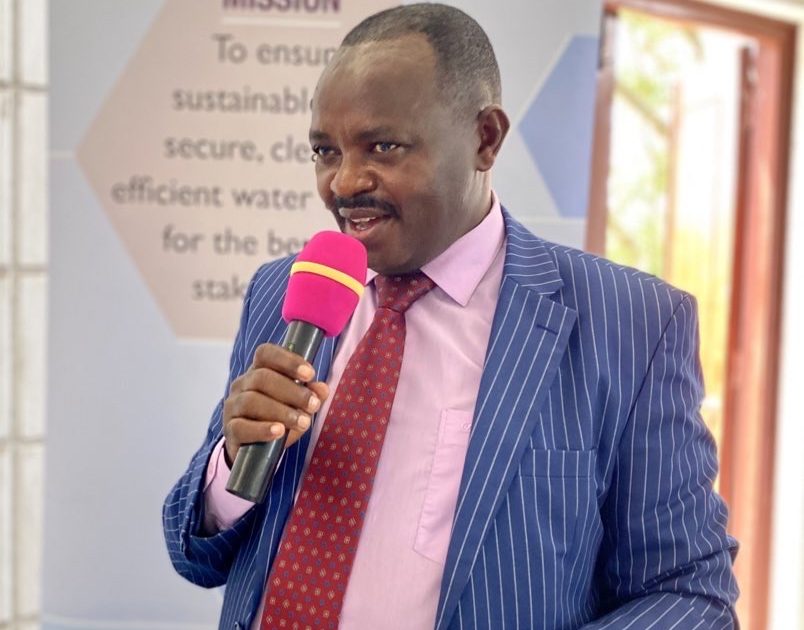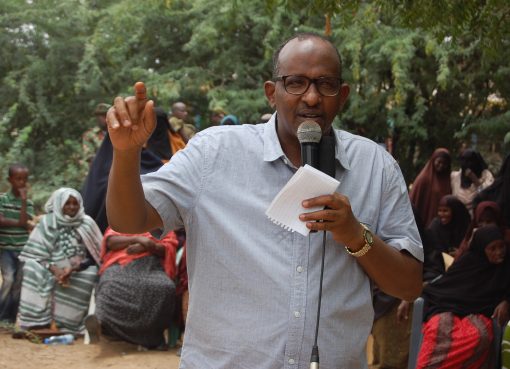The Blue Economy has the potential of catapulting Kenya into a regional economic powerhouse, as captured in the Kenya Vision 2030.
The newly appointed Kenya Maritime Authority (KMA) Director General Mutegi Njue pledged to develop key structures that will see the full realization of the Multi-Billion blue economy sector.
Speaking in Mombasa after assuming office on Tuesday, Njue promised to fully harness the potential of oceans, seas, lakes and rivers to accelerate economic growth, create jobs and eradicate poverty.
Njue replaced George Nyamoko who resigned early this year and will serve for three years following his appointment by Transport Cabinet Secretary (CS) James Macharia on October 15, 2020 through a gazette notice no. 8477.
“I am delighted to be part of the KMA team and we shall work together to develop structures for the growth of this lucrative sector,” said Njue.
He made the remarks during an induction meeting that was also attended by the Principal Secretary for State Department of Shipping and Maritime Nancy Karigithu Transport Cabinet Secretary (CS) James Macharia at the Mission to Seafarers in Mombasa.
Karigithu Challenged the new KMA boss to ensure full implementation of key policies to spur the Blue economy sector.
“You are coming into KMA when a lot of focus is on the Blue Economy which is now the 8th sector of the economic pillar of Vision 2030, so the regulator is expected to play its role to deliver the National Agenda, “said Karigithu.
Kenya’s ocean territory comprises of the Exclusive Economic Zone (EEZ) of 245,000 square kilometers, equivalent to half of the country’s total land surface area.
In terms of economic value, Kenya’s share of the entire blue economy of the Western Indian Ocean is said to be valued at $ 4 billion (Sh400 billion) or 4 per cent of the country’s GDP.
Currently, the blue economy contributes about Sh200 billion to Kenya’s economic output, mostly through fisheries and tourism.
Karigithu noted that Kenya has a huge potential to diversify into emerging blue economy sectors like renewable energy, marine engineering, aquaculture, ecotourism, mining and oil and gas exploitation.
According to available data, Kenya has not fully developed the blue economy despite having a 600 kilometer coastline on the Western Indian Ocean.
By Mohamed Hassan.





